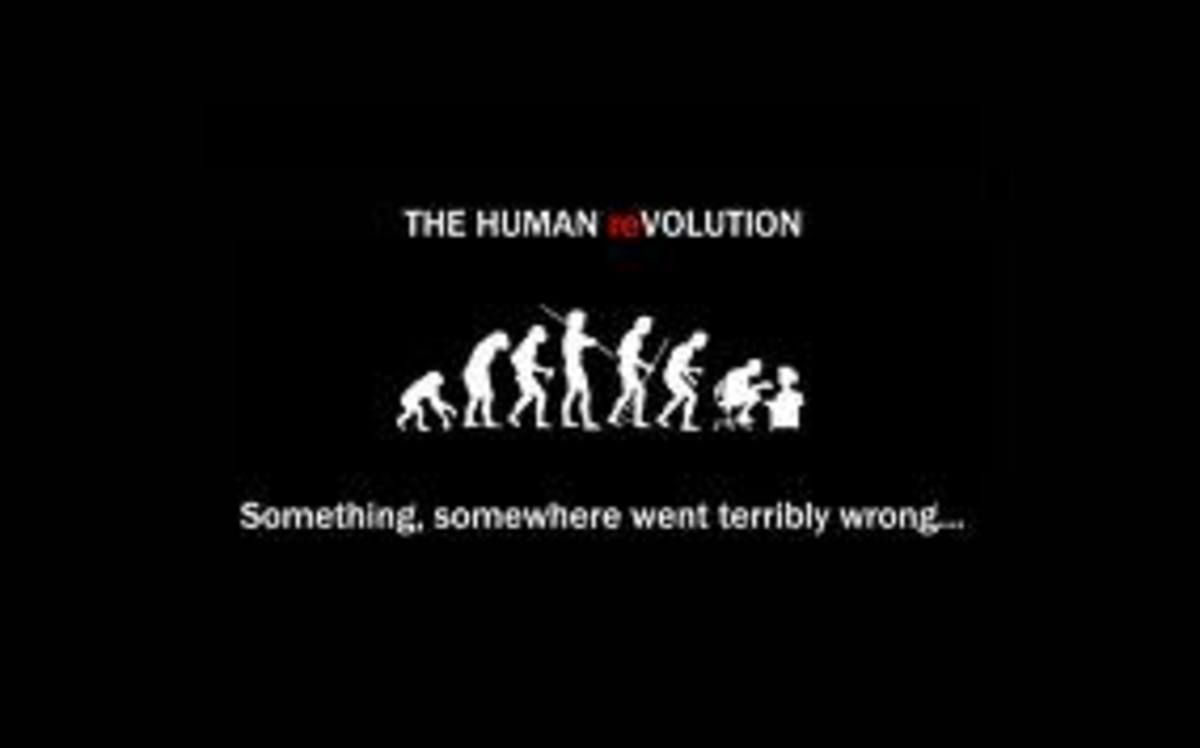Evolution

I like to think of evolution as an infinite series, a colossal summation with changes in the value of i reflecting changes in genotype or mutations and multiple changes sum up to form a whole new other species. Do you think evolution can be expressed mathematically? Is it feasible? Do we have the computing power now? If so, will it be done within our lifetime? A 100 years? 1,000? More?
No vote yet
1 vote
Easy Math Editor
This discussion board is a place to discuss our Daily Challenges and the math and science related to those challenges. Explanations are more than just a solution — they should explain the steps and thinking strategies that you used to obtain the solution. Comments should further the discussion of math and science.
When posting on Brilliant:
*italics*or_italics_**bold**or__bold__paragraph 1
paragraph 2
[example link](https://brilliant.org)> This is a quote# I indented these lines # 4 spaces, and now they show # up as a code block. print "hello world"\(...\)or\[...\]to ensure proper formatting.2 \times 32^{34}a_{i-1}\frac{2}{3}\sqrt{2}\sum_{i=1}^3\sin \theta\boxed{123}Comments
Umm... I think there are way to many factors to consider. Trillions of factors, anything from the likelihood of Armageddon to the likelihood of being hit by an asteroid. You'd also have to simulate changing technology, medicine, etc., because people don't pick up mutations regularly. I see what you're saying. If you let the world start with x people, and the likelihood of a mutation is y, and the amount of built-up mutations to form a new species is z, and so on and so forth, then theoretically you could code your way through it. But in reality, there are too many of us, and unless half of us suddenly experienced a mutation, a new species would never form. Lamarck's hypothesis of acquired characteristics was proven incorrect, so the picture of evolution that you posted is inaccurate, because people's genes don't change from, say, playing video games.